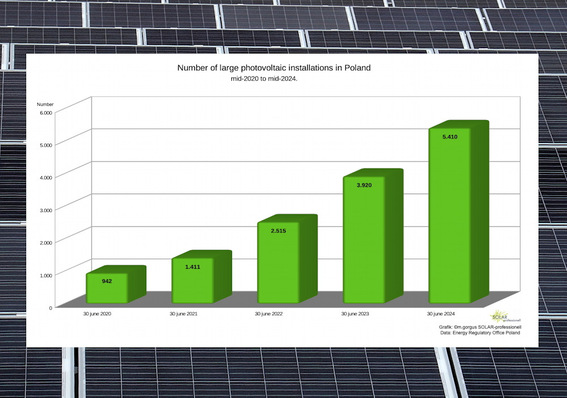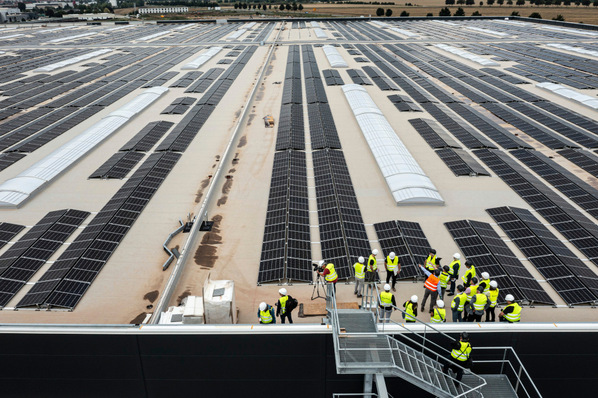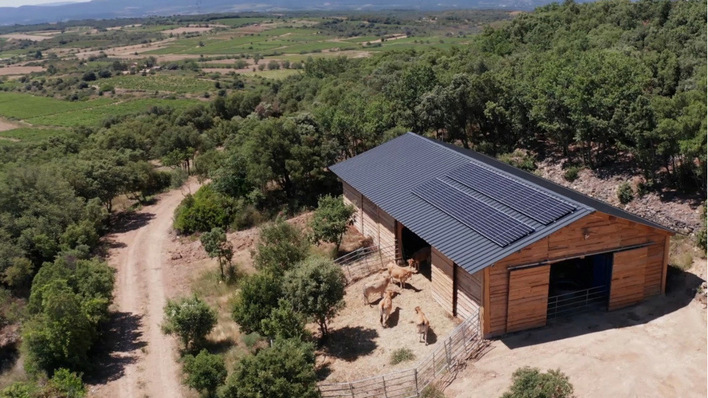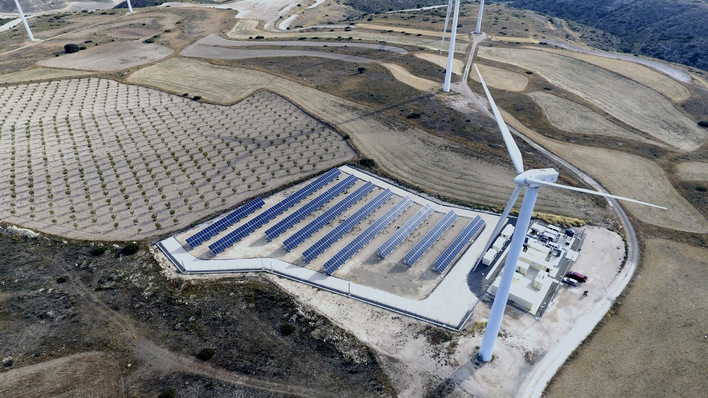By the end of Q3, companies in the ICT sector (2 GW), heavy industry (1.8 GW) and telecoms (650 MW) were responsible for signing over 60% of corporate renewable PPAs. Other sectors like retail, transport, and automotive industries are playing an increasingly important role in the decarbonisation of industry and the transition to a renewables-based electricity system.
This diversification indicates broader industry engagement in the evolving PPA landscape. This is reflected in the record-breaking participation at this year's RE-Source event in Amsterdam, with over 1,300 registrations and more than 350 energy buyers, reinforcing the market's vibrancy and the increasing demand for renewable energy. This year’s event has a particularly strong representation of the manufacturing, chemicals, and automotive industries.
EMD: eliminating regulatory barriers to accelerate the deployment of renewables
The European Commission’s electricity market design (EMD) proposal and the European Parliament’s work on the file recognise PPAs as a crucial tool for supporting the energy transition in Europe. But the EU measures to address the energy crisis created new challenges for the PPA market. With the clear steer from the Commission to end these measures; and the phase-out of the unhelpful revenue caps in many countries, the future looks even brighter for PPAs.
Did you miss that? Renewable PPA prices with modest increases
If Europe wants to see the PPA market’s growth continue and for industry to unlock even greater levels of green energy, the remaining barriers need to be removed. Alongside the critical need to ensure regulatory certainty with the end to market caps, corporate energy buyers are calling for:
• More renewables: Reliable grid access; and faster permitting for new wind and solar farms. A stable, investor-friendly environment and full implementation of all EU legislation is critical.
• Reduced risk: Support to manage price risk and prove bankability.
• Education: Support to demystify PPAs and educate procurement staff in companies.
Annie Scanlan, Policy and Impact Director at RE-Source Platform, emphasises:“It's a record year for the RE-Source Platform event. We are delighted to welcome more than 350 energy buyers to this year’s event and to see that more companies than ever want to secure their energy through renewable contracts. The only thing holding us back from bringing renewables to all businesses is the existing regulatory barriers and the EU legislative certainty. To unlock the full potential of PPAs we need to see the Renewable Energy Directive implemented, and we need the Electricity Market Design revision passed swiftly and sensibly. This way, even more companies will see PPAs as a viable option to source competitively priced green electricity.”
Accelerating the path to 45% renewables with PPAs
The EU wants to reach a share of up to 45% of renewables in energy by 2030. The industry wants to accelerate its road to net zero through cheap, clean electricity. PPAs will play a key role in adding more wind and solar capacity to the grid. Industry leaders also recognise the importance of local energy procurement to reduce supply risks, ever more pressing with the war in Ukraine and unpredictable geopolitics.
Did you miss our latest newsletter for solar investors?
Corporate energy buyers are actively engaging in a dialogue to stimulate the deployment of renewable energy by encouraging investments and removing measures that hinder the European energy markets. PPAs remain a focal point of the discussion as an effective tool to facilitate the energy transition. (hcn)








